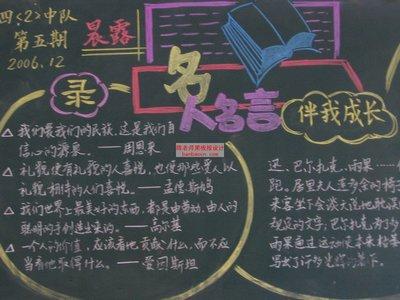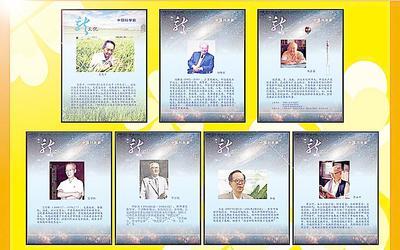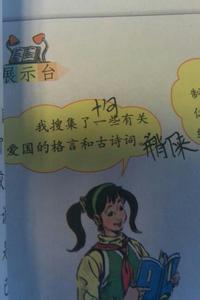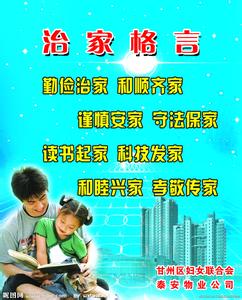1. the olympic motto first appeared officially in 1920 antwerp games
奥林匹克格言在1920年安特卫普奥运会上正式出现。
2. the olympic motto has been inspiring modern olympians since its introduction at the 1920 games
自1920年奥运会奥林匹克格言被使用以来,它就一直激励着现代奥运健儿。
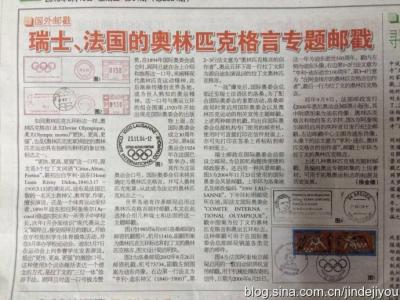
3. the olympic motto supposes the progress of human capacity on the basis of mental and physical improvement of man ' s natural qualities
奥林匹克格言认为应以提高人类精神和身体自然品质为基础来使人类的能力进步。
4. the olympic creed and motto are meant to spur the athletes to embrace the olympic spirit and perform to the best of their ablities
奥林匹克格言和信条激励着运动员实践奥林匹克精神,并且在比赛中表现出他们最好的一面。
5. the olympic creed and motto are meant to spur the athletes to embrace the olympic spirit and perform to the best of their abilities
奥林匹克格言和信条激励着运动员实践奥林匹克精神,并且在比赛中表现出他们最好的一面。
6. struck by the succinctness of this phrase , baron pierre de coubertin made it the olympic motto , pointing out that " athletes need " freedom of excess "
奥林匹克格言,亦称奥林匹克座右铭或口号,系奥林匹克运动宗旨之一。奥林匹克格言是: "更快更高更强" 。
7. the sense of the olympic motto is that being first is not necessarily a priority , but that giving one ' s best and striving for personal execllence is a worthwhile goal
奥林匹克格言的意义在于,夺取第一并不是要优先考虑的事,但全力以赴并为取得个人最好成绩而奋力拼搏却是值得追求的目标。
8. according to the olympic charter , the olympic motto expresses the message which the ioc addresses to all who belong to the olympic movement , inviting them to excel in accordance with the olympic spirit
根据奥林匹克宪章,奥林匹克格言表达了国际奥委会对一切隶属于奥林匹克运动的人们的号召,鼓励他们本着奥林匹克精神超越奋进。
9. with the revival of the olympic games , a number of symbolic olympic traditions were also developed and established ( i . e . the olympic anthem , the olympic creed , the olympic flag , the olympic flame and torch )
随着奥运会的复兴,形成了很多具有象征意义的奥运会传统,如奥林匹克会歌、奥林匹克格言、奥林匹克旗、奥林匹克火焰和火炬。
10. the olympic motto can not only apply to the individual athlete who makes great achievements in his or her chosen field , but also apply to sports bodies , clubs , organizations and even states committed to the philosophy of modern olympics
奥林匹克格言不仅适用于那些在各自领域内取得巨大成就的运动员,也同样适用于那些奉行现代奥林匹克宗旨的体育团体、俱乐部、组织甚至国家。
11. it is composed of the american flag presented in the form of arms , accompanied , in the foreground , by the olympic rings , the olympic motto " citius , altius , fortius " ( faster , higher , stronger ) and a laurel branch , symbol of victory
在盾形的星条旗前方, “更快、更高、更强”的奥林匹克格言号召着运动员奋力向上,代表胜利的橄榄枝条缠绕在奥运五环上,强化了本届会徽的竞争意义。
12. is the olympic motto . the olympic game is the international arena viewed by millions where the athlete ' s spirit , mind and body endeavour to excel and achieve the higher standard than the presently existing ones ; thus fulfilling the olympic motto
这句格言是顾拜旦的一位密友迪东于1895年在其学生举行的一次户外活动上提出的,顾拜旦对此颇为赞赏,经他提议, 1913年获国际奥委会正式批准,将其定为奥林匹克格言。
 爱华网
爱华网